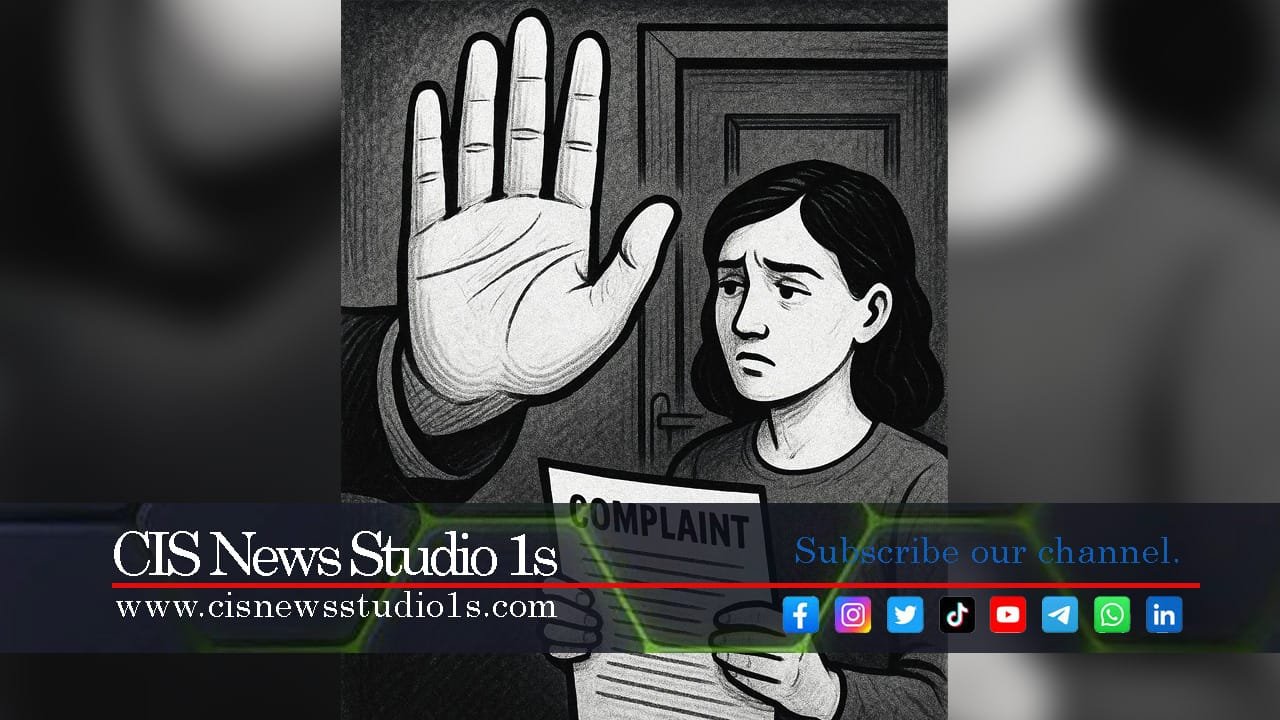Justice is the foundation of any civil society. A sound legal system ensures public safety, reinforces social norms, and upholds the rights of both the victim and the accused. But what happens when the very system meant to provide justice creates barriers for those seeking it? When procedural obstructions, intentional negligence, or corrupt practices prevent individuals from filing complaints or initiating investigations, the result is the deterioration of trust in law enforcement and the legal framework as a whole. Below, we explore critical issues that undermine law and order and enable the continuation of criminal activity due to system failures.
1. Denial of Access to File Complaints
The first step toward justice is the ability to report a crime. However, in some systems, law enforcement agencies or their representatives may intentionally prevent individuals from filing a report. This deliberate obstruction could be due to corruption, favoritism, resource constraints, or other ulterior motives. When authorities refuse to register cases, they not only silence the victim but also empower the perpetrator.
2. Shielding Suspects from Investigation
There are instances when victims or complainants are not allowed to pursue leads that could reveal the identity or whereabouts of suspects. Law enforcement may restrict access to critical information under the guise of ongoing investigations, or worse, due to influence from powerful parties shielding the accused. This effectively creates a protective barrier around suspects, preventing accountability and delaying justice indefinitely.
3. Bureaucratic and Psychological Hazards
Even when victims are determined to report a crime, the bureaucratic maze they must navigate can be exhausting. Endless paperwork, unclear procedures, and repeated delays can drain victims emotionally and psychologically. In some cases, victims are discouraged from proceeding simply because the process is made deliberately frustrating. Over time, these deterrents may make them abandon the pursuit of justice altogether.
4. Corruption at the Reception Level
Suppose a victim manages to reach the enforcement agency. In that case, they might encounter officials who manipulate the situation—misleading them, accusing them of ulterior motives, or even implicating them in unrelated criminal activities. This tactic not only diverts attention from the real crime but also intimidates victims into silence. Such unethical conduct turns the law enforcement agency into a perpetrator of injustice rather than its defender.
5. Victim-Blaming and Misidentification
In some shocking instances, the complainant is treated as the criminal. Instead of investigating the reported incident, the authorities—or even society—may scrutinize the complainant’s behavior, intentions, or background. Worse still, some individuals attempt to manipulate the situation by accusing the complainant of being the true offender. Such reversals of roles mock the concept of justice and reflect a severe breakdown in the integrity of law enforcement.
The Need for Systemic Reform
These barriers create a hostile environment for justice-seekers. A justice system should be transparent, accessible, and impartial. To achieve this, reforms must include:
- Strict oversight of complaint registration procedures
- Legal consequences for law enforcement officers who obstruct justice
- Training officers to treat all reports with dignity and neutrality
- Creating watchdog bodies to monitor misconduct and corruption
- Empowering citizens with knowledge of their legal rights
Only when citizens feel safe and supported in reporting crimes can law and order truly prevail. Preventing crime begins with removing systemic obstacles and ensuring that every voice seeking justice is heard—not silenced.







